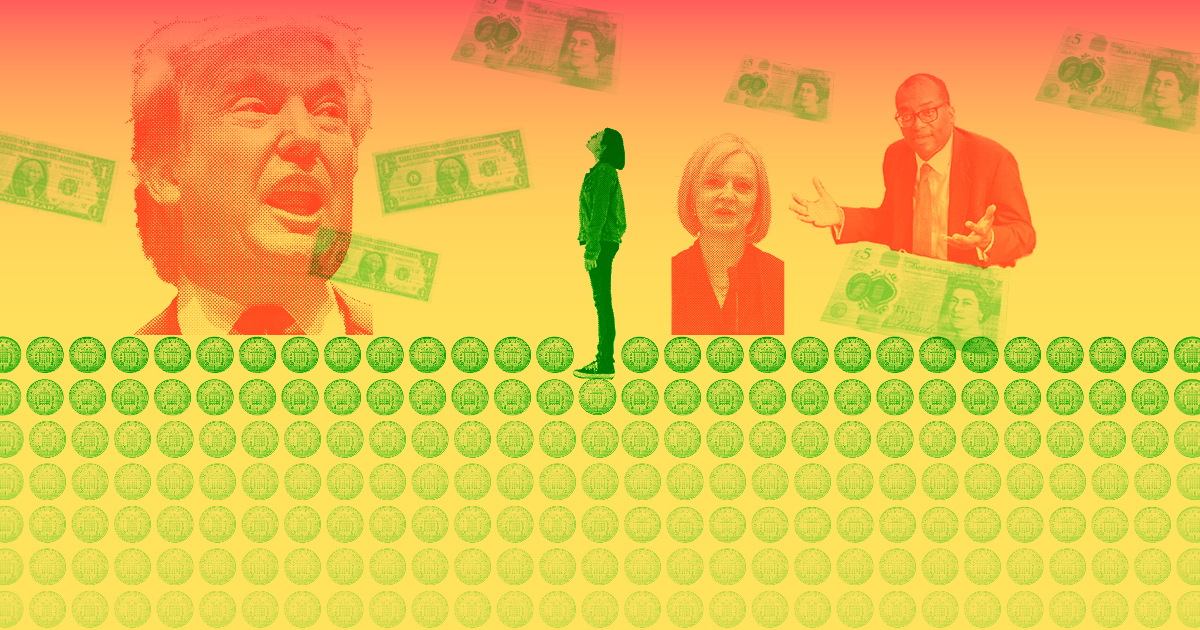In the Tesco near me, petrol is 142.9 and diesel is 141.9. Haven’t seen diesel cheaper than petrol for ages.
Too busy looking for private number plates, and at tits
In the Tesco near me, petrol is 142.9 and diesel is 141.9. Haven’t seen diesel cheaper than petrol for ages.
The diesel price is seasonal, as it's very similar to heating oil and is a by-product of petrol. So there's a glut of the stuff in the summer. These price shifts are completely normal, the gap grew last winter due to the gas issues affecting all heating prices, as some could switch from gas to oil.
There have always been regular crossings over the years, see the graph on this page...Not the point at all.
For as long as i recall , diesel has been more expensive than petrol.
There have always been regular crossings over the years, see the graph on this page
They crossed in 2015 and 2016 - just.Not that I recall.
And not according to your graph either, that I can see on my phone anyway.
They crossed in 2015 and 2016 - just.
Also lots of time they're within spitting distance.
It's unusual for diesel to be less, but it isn't now on average anyway, only at some places. I don't think there's anything unique happening.

ok but you don't actually cut taxes because the money taken from us will still circulate in VAT and other taxes so the more we spend the more tax is contributed anyway.Well if you honestly believe that then I cannot argue against faith, but can against doctrine and facts.
Truss budget was more trickle down economics which there is scant evidence that it works. But it's a simple idea thats easy to sell. It's based on the now discredited work of Arthur Laffer and his Laffer curve.

Trickle-down economics are a cruel hoax. Invest in infrastructure, education and public health
Politicians rarely want to raise taxes on the rich. Joe Biden promised to do so but a closely divided Congress is already balking. That’s because they’ve bought into one of the most dangerous of all economic ideas: that economic growth requires the rich to become even richer. Rubbish.blogs.berkeley.edu
When you cut taxes - the Government has a shortfall - how does it cover that? Ergo the markets reactions to Truss unfunded tax cuts.

Tax cuts for the wealthy only benefit the rich | LSE Research
Trickle-down economic policies are destined to fail, research suggests. David Hope explains why the issue is so controversial.www.lse.ac.uk
The idea of trickle down economics is like the idea of Brexit - they need us more than we need them - so the corner shop needs you more than you need it is the level of analysis.
Truss policies were idiotic and if you cannot see that then really what hope is there.


ok but you don't actually cut taxes because the money taken from us will still circulate in VAT and other taxes so the more we spend the more tax is contributed anyway.
Its also utter BS that if we cut income tax we lose tax income. Its not that simple.
But for sure if we continue to increase at source basically compulsory contributions at a higher rate eg taxes and primary living expenses (Morgage/Rent Fuel and Food). You will see a decline in revenue from tax due to a decrease in joe public's spending. Therefore less tax revenue.
I believe many people who are anti 'rich people' are also anti trickle down.
As i was saying previously for sure now i am being taxed way more i am paying other trades around me less and taking on more work in favours friends and other ways which would otherwise help support my local economy. I want to help my community more so if i had the money spare but the government takes it and does what? Spends Billions on quango corporations supplying defective PPE etc etc. How much trickles out as opposed to would trickle down. I argue trickle down would benefit US the public more in generating local taxes, spending for local shops and trades and benefitting the people, not some already minted friend of the government.

Anti-rich? What is that. Define rich.
Trickle down economics is a complete joke - I have pointed this out before but its based on now discredited work of Arthur Laffer - yet you still want to push debunked and discredited theories - why?
If you want to pay less taxes then grow the economy and change the age profile of the population.
